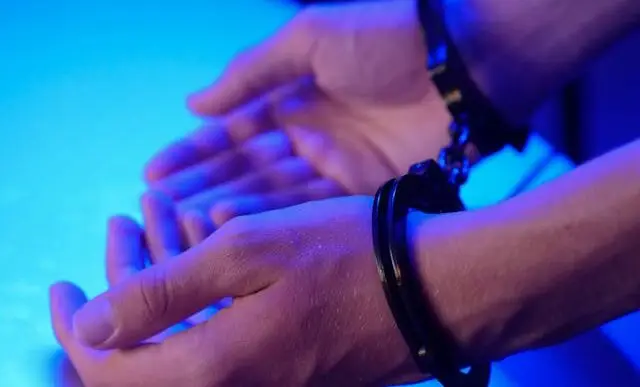Yale Exposes Academic Fraud: Student Expelled for Faking Identity
In a shocking revelation of academic fraud, Yale University has expelled a student who fabricated their entire identity to gain admission. This incident has raised serious questions about the security measures and vetting processes of elite universities, highlighting the pressing need to prevent academic dishonesty.
The unidentified student was found guilty of faking their academic records, extracurricular activities, and even their personal background to secure a place at the prestigious Ivy League institution. The student’s deceptive strategy included false records of high school grades, SAT scores, and concocted tales of personal hardships, all of which were invented to create a compelling application.
Detection and Investigation
The fraud was discovered when an anonymous tip-off triggered an internal investigation by the university. The student, whose identity has not been released, was found to have submitted fraudulent documents, including high school transcripts and standardized test scores. The investigation also revealed that the student had falsely claimed to have overcome significant personal adversity, in order to appeal to the university’s commitment to supporting students from diverse backgrounds.
“This is a grave violation of academic integrity, trust, and the principles that Yale stands for,” said a spokesperson for the university. “We are taking this incident very seriously and are committed to strengthening our admission processes to prevent such instances in the future.”
The Rising Concerns about Academic Fraud
This incident is part of a larger pattern of academic fraud that has plagued universities across the country, raising concerns about the integrity of the college admission process. In recent years, several high-profile cases have exposed deceptive practices, including the 2019 college admissions scandal in which wealthy parents paid bribes to secure their children’s admission to top-tier universities.
While the Yale case is notable for the student’s audacity in faking an entire identity, it highlights a troubling trend. Experts suggest that the intense competition for places at elite universities is driving some students to desperate measures, including cheating, plagiarism, and, in extreme cases, identity theft.
Stricter Measures Needed
With the rising cases of academic fraud, universities are under pressure to tighten their admission processes. Ensuring the authenticity of applicants’ identities and credentials is a critical part of maintaining the integrity of the education system. Measures such as cross-verification of documents, use of advanced technology to detect plagiarism, and stricter penalties for those found guilty of academic fraud are some of the steps being considered by institutions.
“Universities need to be vigilant in their admission processes to ensure a level playing field for all applicants,” said Dr. Rebecca Smith, an expert in higher education policy. “This includes a thorough review of application materials, as well as a commitment to transparency and fairness in the admissions process.”
As Yale moves to address this incident, it serves as a stark reminder of the lengths some are willing to go to secure a place at a top university. It underscores the urgent need for stricter regulation and vigilance in the admissions process, not just at Yale but at institutions across the country.













